7 min read
Share this post

Unattractive, unhelpful, distracting lesson content is a near universal problem. Go to any language school where teachers create their own digital content and peek into a classroom. Here’s what you’re likely to see:
Bad Example #1: blank slides with plain text:
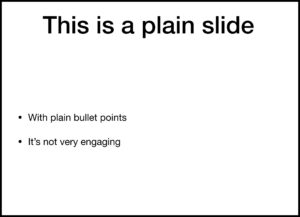
Bad Example #2: too much information:
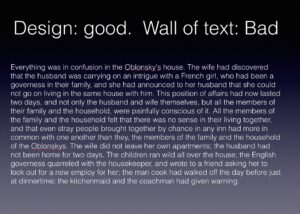
Bad Example #3: unfortunate color and contrast choices:
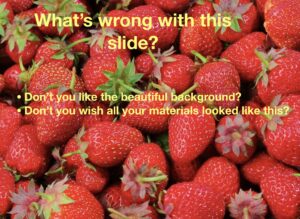
The bad examples could go on and on, but you get the idea. In 2018, there’s just no excuse for this, yet it continues to happen. Perhaps it’s because you understand that teachers aren’t designers. Perhaps it’s also because it’s too much work or too expensive to create standardized design guidelines for your school. Even if you have your teachers use a default template, it still only solves part of the problem.
Most schools don’t have any standards or organization in place to create a library of high quality digital content. Usually, teachers just make their own materials. It belongs to them, they use it in only their classrooms, and when they leave they take it with them. The teachers that come after them start from scratch, and the cycle never ends! On any given day, in any given language school, there are probably multiple teachers teaching the exact same concepts using two different presentations that each of them made individually on their own time. Ironically, these same two teachers will commiserate later during a break on how busy they are!
Standardizing the creation and distribution of professional-looking digital content leads to several benefits for your institution:
The fastest way to create a library of high quality digital content for your school is to have your teachers build it. Set up a system where teachers create all future digital content using a standardized template. Ideally, your template should include both design elements (example slides with the right size, proportion, and color examples), and actual in-class usage examples like matching, gap fills, and grammar explanations with tables, charts, and images. Giving this to your teachers *now* means creating a future where everyone has access to the same materials. This stops the cycle of creating without keeping. Once your collection starts to grow, you can categorize it in a way that makes sense for your institution.
If creating a template that meets all the above guidelines sounds like a lot of work, that’s because it is! The good news is that we’ve already done the work for you. We’ve created just such a template that you can use for free. Just click below to download it.
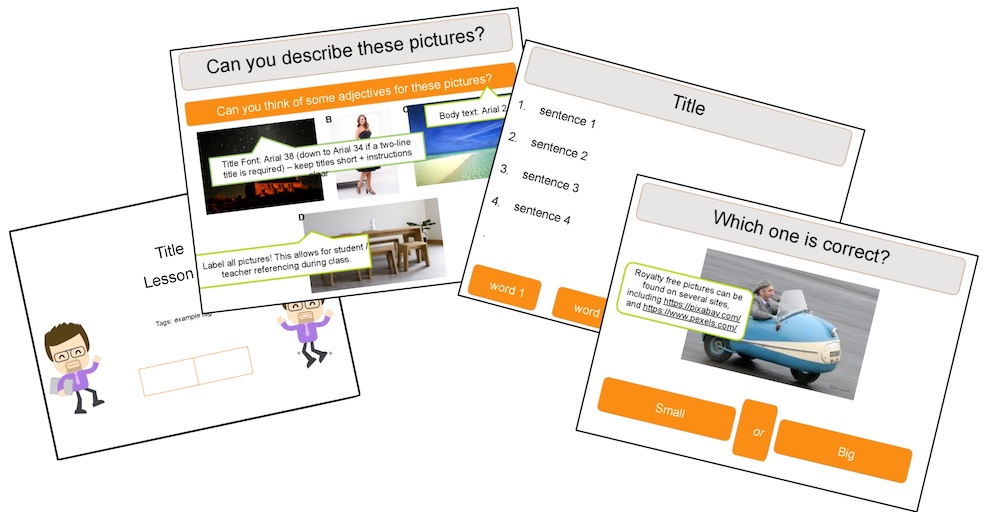
Share this post


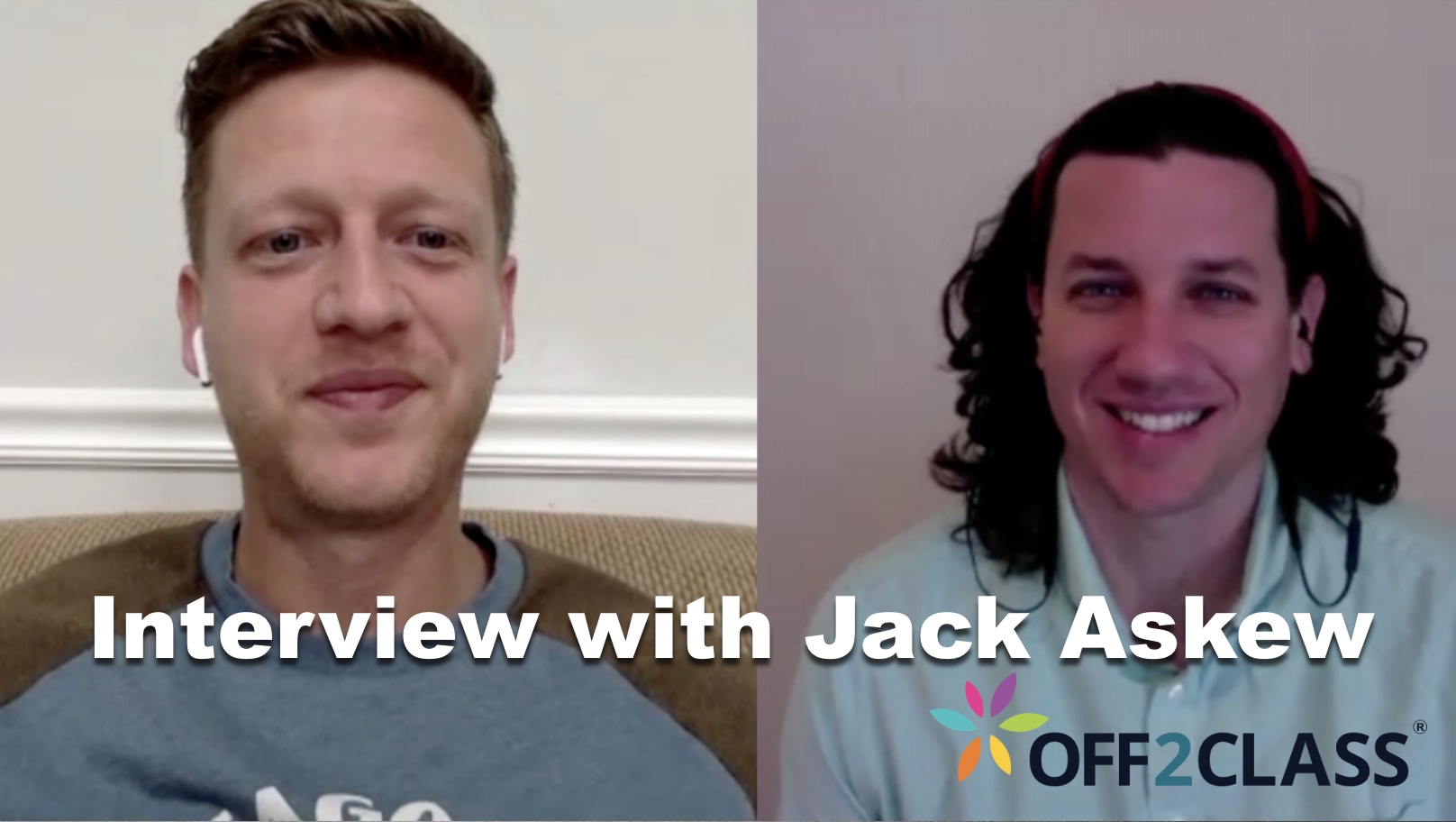
Leave a Reply